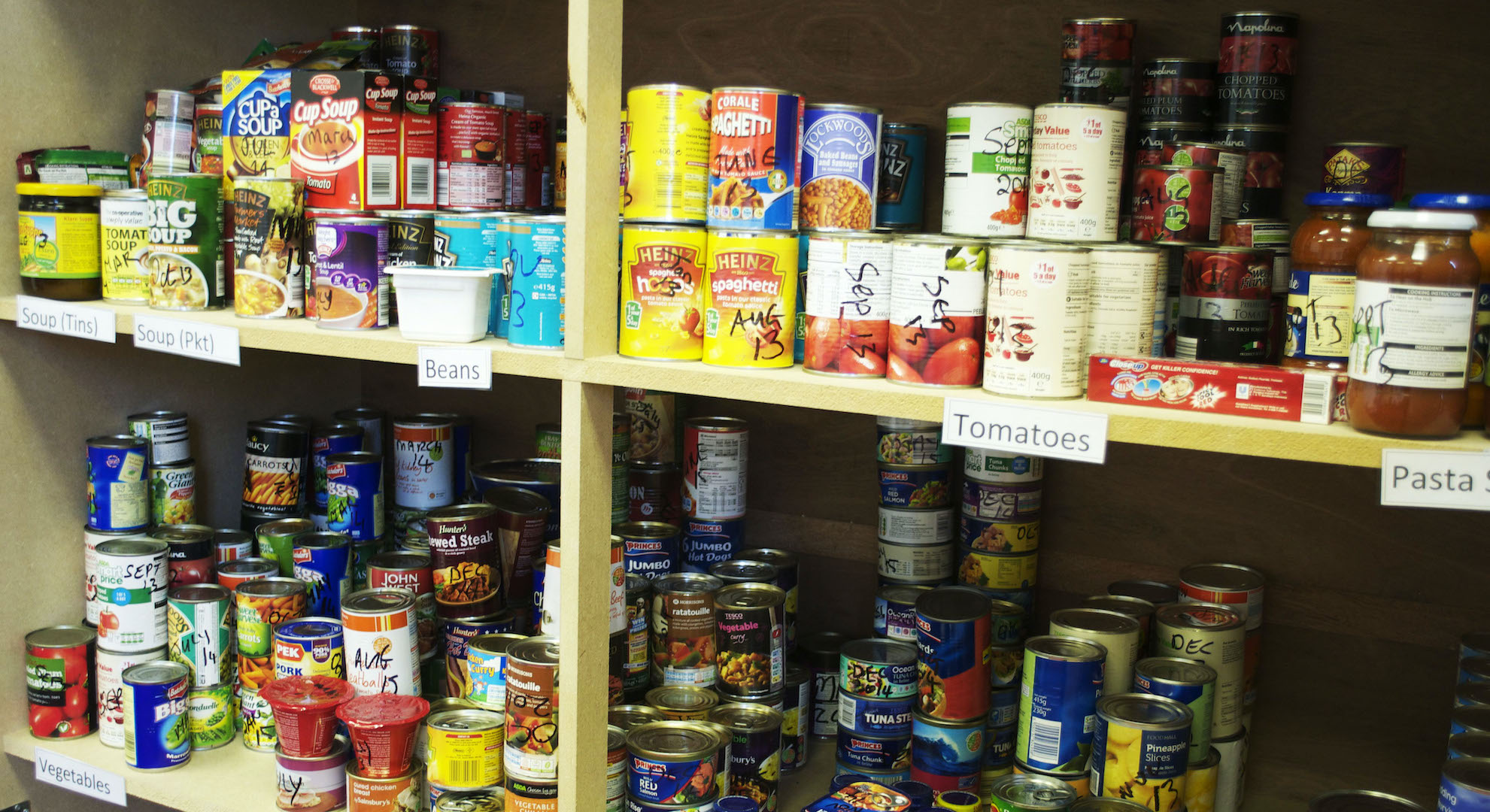Food banks in England facing major disruption due to self-isolation requirements would need to contact emergencies@defra.gov.uk to request a reasonable excuse letter. Eligible volunteers or staff must be fully-vaccinated and currently self-isolating.
Despite seeming to expand the criteria, the government stopped short of a U-turn and said food banks will not be added to the list of exempt workers in “critical elements of national infrastructure.”
The spokesperson added: “[The list] is a short-term measure before the exemption for fully vaccinated contacts is introduced on 16 August. It is highly limited and focused to prevent public harm from disruption to critical services.”
Sabine Goodwin, IFAN coordinator, said: “We very much welcome this clarification. Food bank volunteers and workers now know how they can apply for an exemption from self-isolation rules if needed.”
“Despite long-standing calls on the government to change the policies driving a devastating increase in poverty levels, the work of food banks continues to be critical,” she said.
But Goodwin added food banks will always be a temporary sticking plaster and the government must pursue policies to drive down poverty, not incorporate them as national infrastructure long term.
Advertising helps fund Big Issue’s mission to end poverty
“Food banks provide an essential service now – but long to close their doors when everyone in the UK is in a position to afford food.”
Almost 690,000 people were told to self-isolate for 10 days by the NHS app in the week to July 21, government figures reveal.
Sam Gilchrist, manager of West Northumberland Food Bank, who recently spent ten days self-isolating after being alerted by the NHS Test and Trace app, questioned why food bank workers have not been added to the list.
“First of all, I welcome that they haven’t totally forgotten about us and I welcome that we can apply for exemption,” Gilchrist said.
But she added: “I’m just a little bit surprised, because at the very start of the pandemic food bank workers were added to the list of critical workers then.”
“They understood how critical we were back in March and April 2020. We’re just as critical now, if not more – because people 18 months into the pandemic are getting stuck further and further into poverty.”
Advertising helps fund Big Issue’s mission to end poverty
Self-isolation did not imperil Gilchrist’s service. But she voiced fears on Thursday that if her drivers were ‘pinged’ – who deliver roughly 80 emergency food parcels a week – it could cause service disruption.
It comes after ministers last week announced an expansion of potentially exempt workers in ‘critical’ industries – food production and supply, energy, water, waste, border control, local government, vets – which missed out food banks, provoking a backlash that they had been forgotten.
Employers in these sectors require a letter from the government to qualify for waived isolation, for which they must apply. If approved by the relevant government department, the letter sets out which named individuals can perform critical work. The waiver is not applicable to people testing positive for coronavirus.
“We are critical,” Gilchrist told The Big Issue on Thursday. “They’ve forgotten about us again.”
This is the government’s first explicit public acknowledgement that food banks are welcome to apply if experiencing major disruption under the ‘critical’ description after previously leaving them off.
Many food banks have pivoted to home-delivery during the pandemic, cutting the risk of service disruption due to isolation. But Gilchrist warned rural food banks could be particularly vulnerable if drivers are forced to stay home.
Advertising helps fund Big Issue’s mission to end poverty
The Trussell Trust, the UK’s biggest food bank network, and Labour frontbenchers have been contacted for comment.
Both Goodwin and Gilchrist called for structural solutions to tackle poverty in the long term – and urged government not to plough ahead with the impending £20-a-week cut to universal credit – but said a short-term exemption for food banks was vital.
A government spokesperson said: “Universal credit has provided a vital safety net for six million people during the pandemic, and we announced the temporary uplift as part of a £400 billion package of measures put in place that will last well beyond the end of the roadmap.”









